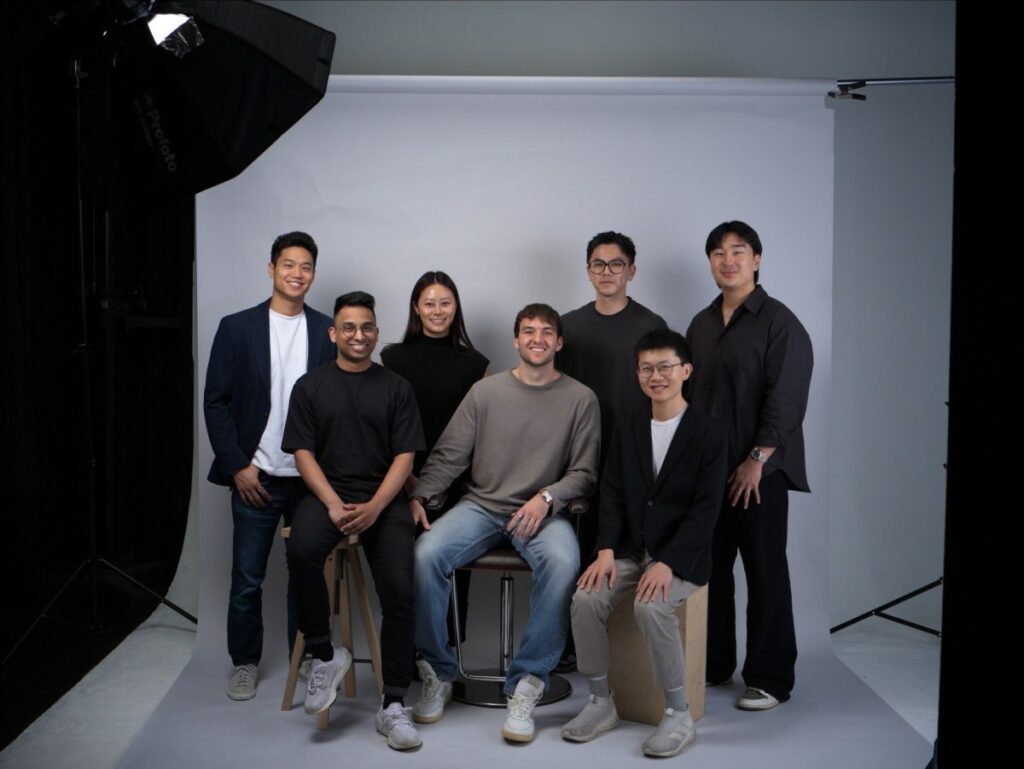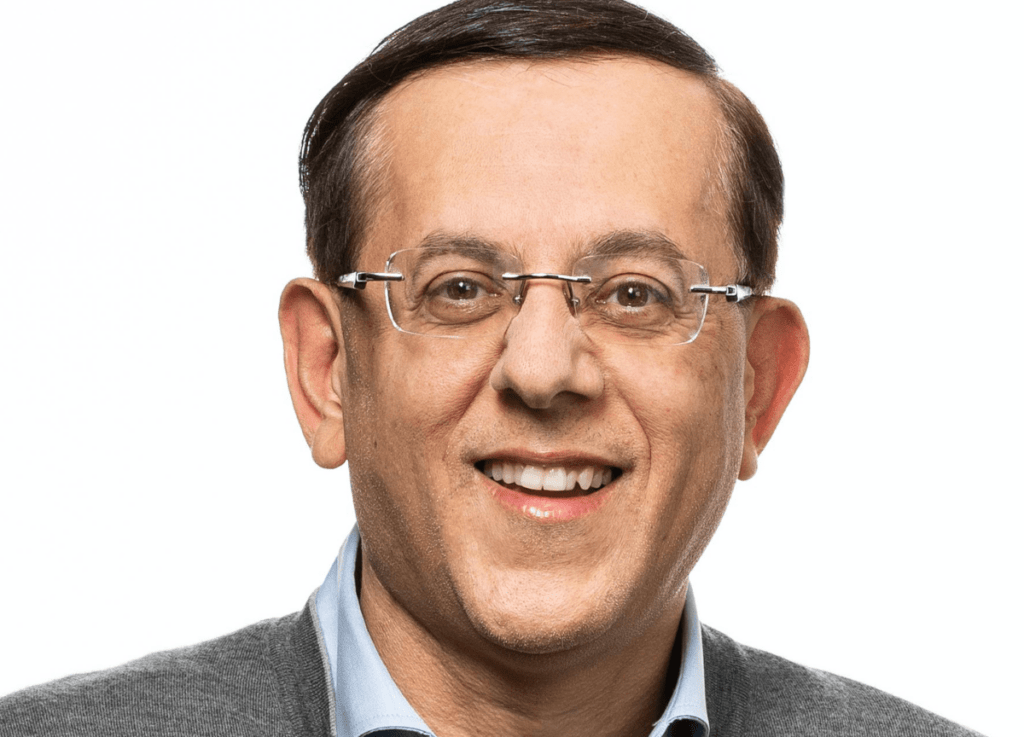Paul Erlanger and Se Yong Park, co-founders of consumer crypto trading app Fomo, took an unusual route to raising capital that is paying off for them.
Their app launched in May and they just announced a $17 million Series A round led by Benchmark — an atypical crypto bet for the top-tier VC firm — bringing total funding to $19 million.
Instead of a classic seed round, the founders drew up a list of 200 people they dreamed of having as angel investors.
“We knew that every single person would be valuable to us in the business,” Erlanger told TechCrunch.
Then they worked their networks for warm intros— both had previously worked at the popular crypto trading platform dYdX. Failing that, they made cold calls. And 140 of their dream angels wrote checks after hearing their pitch.
They landed such big names in the crypto world as Polygon Labs CEO Marc Boiron; co-founder of Solana, Raj Gokal; and former Coinbase CTO and super-angel Balaji Srinivasan, the founders said.
“There’s a lot of people we never got to, like Elon Musk,” Park said with a grin, but of the ones who did take their call, less than a handful said no, he said.
Techcrunch event
San Francisco
|
October 13-15, 2026
The angels liked their idea of a super app that gives consumers access to every crypto asset ever (millions of them), available on any blockchain, with, they promise, no technical friction. The app also has a social component baked into it, where users can follow friends and leaders they respect to see their trades.
While Fomo doesn’t yet have every asset from every blockchain available, the founders said they are on track to be close to that goal in six months. And among the millions of assets they do offer today, users can trade everything from major coins like Bitcoin, Ethereum, Solana to meme coins and altcoins, they say.
The ultimate vision is to one day allow consumers to trade all kinds of other assets on the app, from prediction markets to standard securities like bonds.
A month after Fomo’s May launch, the founders added a feature that dramatically changed their company’s trajectory: support for Apple Pay. This essentially let users download the app and quickly start trading.
“We saw a massive influx of users and revenue,” Erlanger said. Fomo instantly soared to about $150,000 in revenue per week and $3 million in volume a day, the founders said.
The app collects transaction fees on each trade of 0.50% (with a minimum fee of $0.95 for transactions on Solana, and no minimum fee on other, less-expensive blockchains like Base and BNB Chain). But it doesn’t make users pay so-called “gas fees,” or the fees blockchains charge to process transactions. That’s a real selling point for users interested in holding the major coins, Park said.
Their many-angels strategy paid off because not one but three people reached out to Benchmark early-stage investor Chetan Puttagunta to offer an introduction, Puttagunta told TechCrunch.
Puttagunta was a long-shot choice for a lead investor of the Series A round that Erlanger and Park were actively pursuing. Benchmark is selective with its picks and doesn’t invest much in crypto startups. It backed Chainalysis in 2018, along with Toncoin and a few others.
But Puttagunta (who’s backed such companies as Elastic, Cursor, Manus and LangChain) saw Fomo’s fast growth and was convinced to take a chance, and a board seat.
“Paul and Se and the entire team have a clear vision to make crypto assets both easy to discover and trade,” Puttagunta said. “Their vision is clearly resonating with truly exceptional growth since they launched a few months ago.”
Benchmark was the only institutional check the founders took, with the rest of the round going to existing angels and new ones.
So far, it looks like Benchmark’s bet could pay off. Since the round closed in September, Fomo has added more assets from more blockchains to its app and has seen growth go even crazier. The founders say they have onboarded over 120,000 users. “We’re now doing about $20-$40 million in volume a day, and about $150,000 in revenue a day,” Erlanger said.


